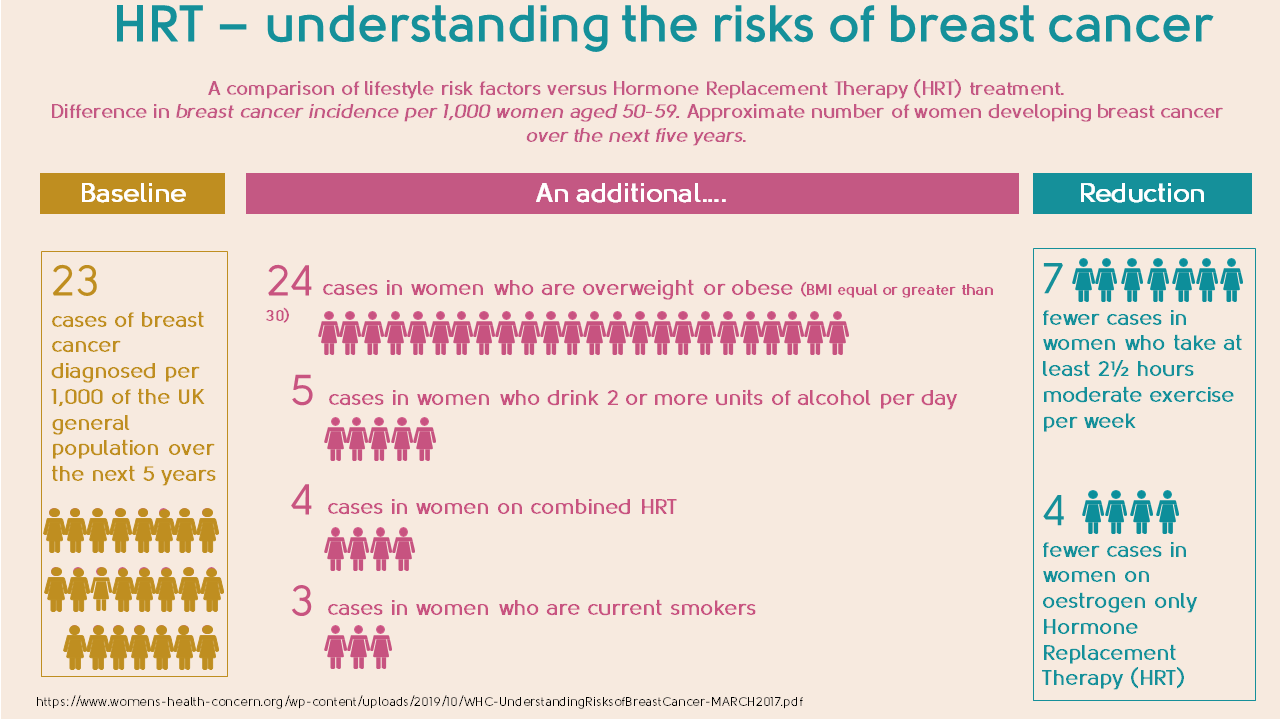Am I Hot Enough?
Let’s Burn These Menopause Hormone Myths to the Ground.
In the pursuit of personal development, each month I set a “theme” to gain new habits or accomplishments in life. My themes have ranged from daily journaling to twice-weekly yoga to walking 10000 steps daily. The short duration and single goal helps me stay hyper-focused and motivated. I’m going to be applying this approach to my MauveMD blog. Next month, I’m diving right in with Menopause Hormone Therapy May.
Menopause hormone therapy (MHT) is a treatment that can be incredibly effective in reducing the symptoms of menopause. Previously known as hormone replacement therapy (HRT), MHT involves taking hormone supplements in various forms, like pills, patches, or gels, to help replace the hormones the body is no longer producing in sufficient quantities. Depending on individual needs and medical history, MHT may involve taking estrogen alone or in combination with progesterone. MHT can be an excellent option for women who experience troublesome menopausal symptoms. It also offers additional benefits, like reducing the risk of osteoporosis and certain types of cancer.
In preparation for MHT May, let’s start with debunking some common misconceptions about hormone therapy before delving deeper into each one.
5 Myths About Menopause Hormone Therapy
MHT causes breast cancer.
While it is true that some studies have suggested a slightly higher risk of breast cancer for women taking combined HRT, it's important to note that the increase in risk is relatively small. The background risk of breast cancer in Western countries is currently 6.3%, and for those on HRT, this risk might rise to 8.3%. However, it's essential to put this into context and understand that lifestyle factors such as being overweight or drinking alcohol may pose a greater risk of breast cancer than taking MHT.
It's also important to note that if you are on estrogen alone and have no uterus, there is no increased risk of breast cancer. Similarly, if you are using vaginal estrogen, there is no increased risk of breast cancer.
2. MHT causes heart attacks and strokes.
If you start HRT within ten years of the last menstrual period or under the age of 60, the risk of heart disease is decreased. Oral estrogen (as opposed to patches, gels, or spray) slightly increases the risk of stroke. Remember that the chance of a healthy woman under 60 having a stroke is very low. Transdermal estrogen (patches, gels or spray) does NOT increase the risk of stroke or blood clot.
3. You have to have severe symptoms before starting hormone therapy.
The severity of your menopausal symptoms doesn't have to dictate whether or not you seek relief through MHT. If you are experiencing any symptoms negatively impacting your quality of life, I encourage you to seek treatment. You don't have to be menopausal yet to be eligible for hormone therapy. Research has shown that MHT can significantly improve the quality of life for symptomatic menopausal women, even those still having regular periods.
Furthermore, there are proven benefits to MHT. The Women's Health Initiative study found that women between 50 and 59 who took HRT were 31% less likely to die of any cause during their 5-7 years of treatment than those who didn't. MHT also protects against osteoporosis and colorectal cancer. So don't hesitate to talk to your healthcare provider about whether MHT might be right for you, regardless of the severity of your symptoms.
4. You don’t need contraception if you are taking MHT.
It is essential to understand that MHT is not a form of contraception. Even though the hormones used in MHT are similar to those used in birth control pills, they are not administered in a high enough dose to prevent ovulation. Women can and do get pregnant in their 40s and early 50s, so it is critical to continue using contraception unless you have gone a year without a period. Some suitable forms of contraception include combined oral birth control pills, progesterone-only birth control pills, intrauterine devices, condoms, or, my personal favorite - a vasectomy
5. Bioidentical compounded hormones are the safest option.
Some believe "bioidentical" hormones are safer than other hormone regimens. Bioidentical hormones are chemically identical to the ones made by the human body. However, "bioidentical" is mainly a marketing term that describes hormones compounded by pharmacies and marketed as more natural. These products may not be subject to the same quality control standards as standard commercially available hormonal preparations. It's important to note that safe, FDA-approved bioidentical hormone regimens, generally covered by insurance, are commonly prescribed for MHT. To ensure that you receive the most effective and safe treatment for your needs, discussing your health risks and requirements with your doctor is essential.
MHT is the gold standard (and the most effective method) for treating symptoms of menopause. For the majority of healthy women, the benefits of hormone therapy will far outweigh the risks. It is essential to discuss with your physician your health risks and needs so that you can get the safest, most effective treatment tailored to you.
NEXT UP … Let’s talk about which symptoms to seek out menopause hormone therapy!

